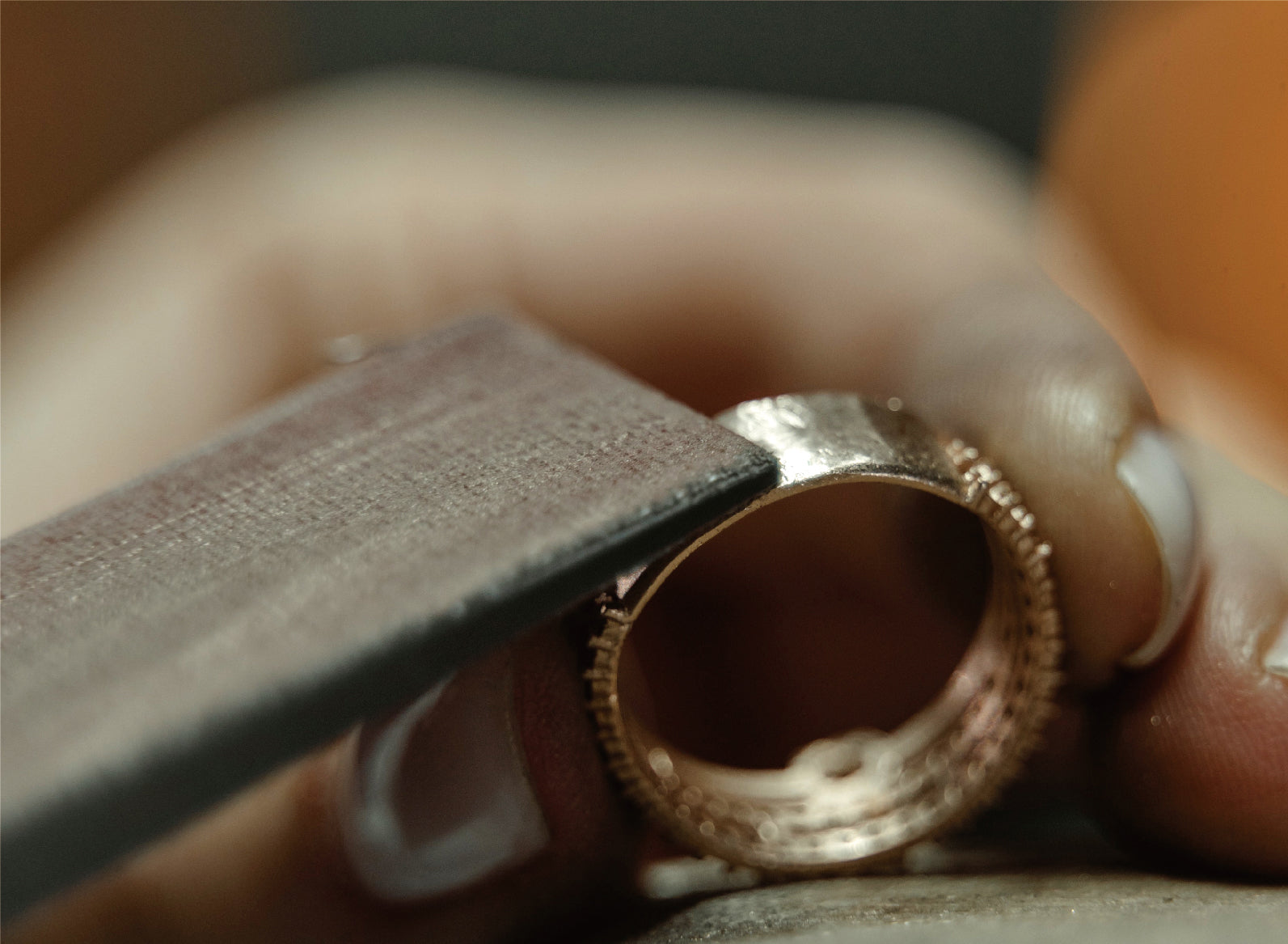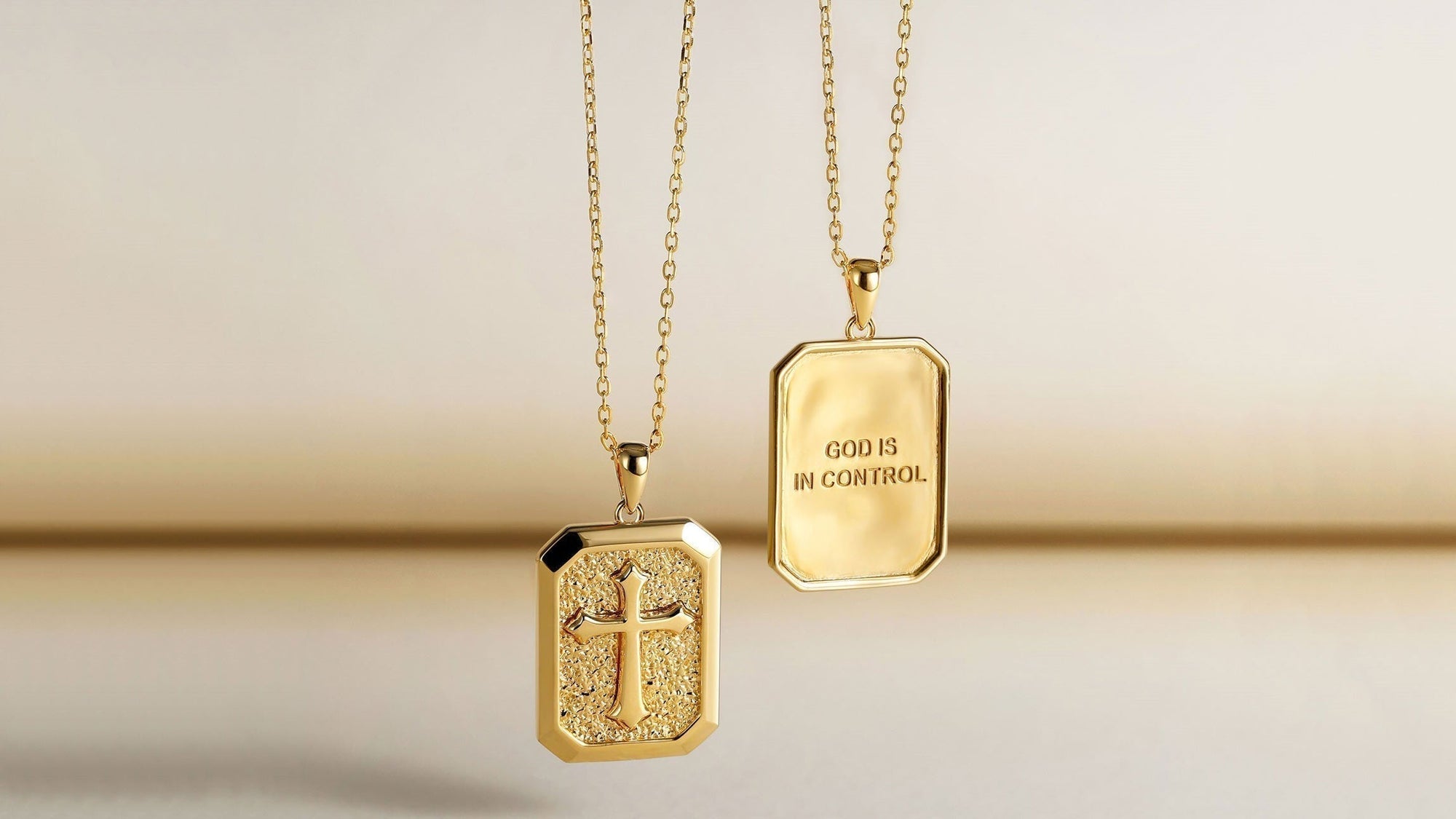
We choose to use recyclable 925 sterling silver material, which is safe for people with sensitive skin and also responsible for the environment. Coupled with the exquisite workmanship of gold plating, you can enjoy high quality at an affordable price.
925 Sterling Silver
925 sterling silver is a lightweight metal made up of 92.5% pure silver and 7.5% other metals. Pure silver has excellent malleability and ductility, allowing it to be easily molded, carved, and crafted into intricate designs. The presence of 7.5% other metals, usually copper, adds elasticity to the jewelry, making it more resistant to everyday wear and reducing oxidation, thus maintaining its luster for a long time. It is highly suitable for daily wear.
While some individuals may have sensitivities to certain metals, most people with sensitive skin tolerate sterling silver well, and wearing sterling silver jewelry is unlikely to cause allergic reactions. It is generally considered hypoallergenic, making it a popular choice for those prone to metal allergies.
We procure high-quality pure silver from suppliers who adhere to the practice of social responsibility. All silver jewelry we produced meets the standards set by the Federal Trade Commission (FTC).
Is sterling silver jewelry durable? How long does it last?
Sterling silver jewelry is typically durable and can last a lifetime with proper care and maintenance.
Proper storage: When not in use, it is recommended to store sterling silver jewelry in a sealed bag or container to protect it from exposure to air and moisture.
Avoid chemical contact: Remove jewelry before swimming, using cleaning agents, or applying lotions, perfumes, or hairsprays, as these substances can accelerate tarnishing.
Regular cleaning: Gently clean sterling silver jewelry with a soft cloth or designated silver polishing cloth to remove tarnish and restore its shine. Avoid using abrasive chemicals or materials that may damage the surface.
What is "Gold Plating"?
Gold plating involves depositing a thin layer of gold onto the surface of another metal, such as sterling silver. The surface of the base metal is thoroughly cleaned and polished to remove any impurities, oils, or contaminants that may hinder the adhesion of the gold layer. Then, the cleaned sterling silver jewelry is immersed in an electrolyte solution containing gold ions. By applying an electric current, the gold ions are attracted to the surface of the silver and bond with it, creating a thin layer of gold that enhances the jewelry's scratch resistance and durability. Currently, we use at least 0.3 micrometers thick gold (in the United States, the FTC mandates that the gold layer thickness for gold-plated jewelry must be at least 0.175 micrometers).
Gold plating allows for the creation of jewelry with the luxurious appearance of pure gold while maintaining the affordability of sterling silver. You can enjoy the lavish look and feel of gold jewelry at a fraction of the price.



